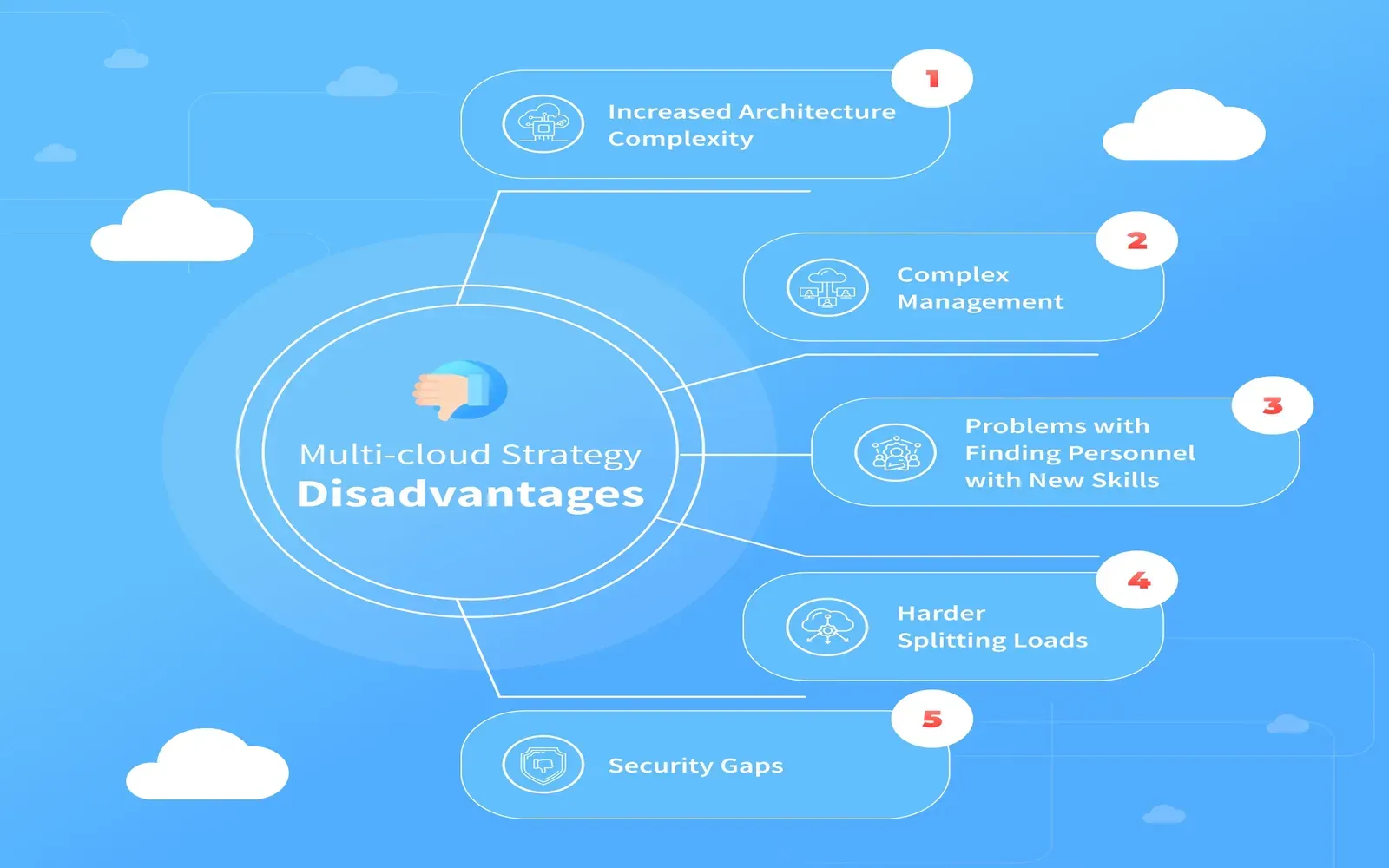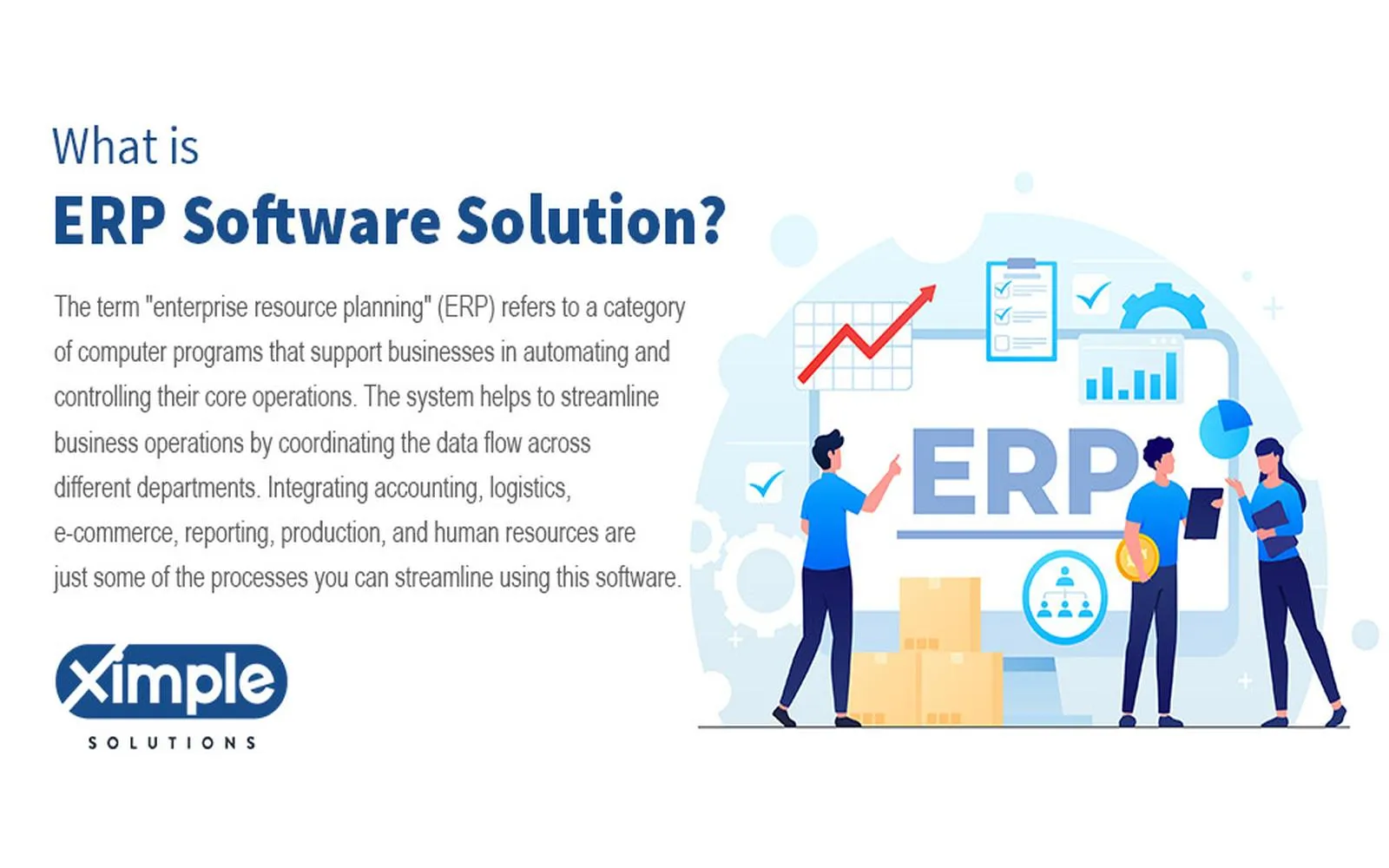In today’s fast-paced business environment, leveraging technology is essential for maintaining a competitive edge. One of the most transformative technologies available is cloud computing. By allowing businesses to store and manage data over the internet rather than on local servers, cloud tech offers unparalleled flexibility and efficiency. Below, we will explore several ways in which cloud technology can significantly boost your business operations.
1. Enhanced Collaboration and Communication
One of the key benefits of cloud technology is its ability to facilitate better collaboration among team members. With cloud-based applications, employees can access shared files and work on projects simultaneously from different locations. This is particularly beneficial for businesses with remote teams or multiple locations. Tools such as Google Workspace and Microsoft 365 allow real-time editing and communication, ensuring that everyone is on the same page.
2. Cost Efficiency
Implementing cloud-based solutions can lead to significant cost savings. Traditional IT infrastructure requires substantial upfront investment in hardware and software, not to mention ongoing maintenance costs. In contrast, cloud services typically operate on a pay-as-you-go model, allowing businesses to pay only for the resources they use. This flexibility means that even small businesses can access powerful technology without breaking the bank.
3. Scalability
As your business grows, so do your operational needs. Cloud technology provides the scalability required to adapt to changing demands quickly. Whether you need to increase storage capacity or add more computing power, cloud services allow you to scale resources up or down without the need for physical upgrades. This feature is particularly advantageous for businesses with fluctuating workloads, such as e-commerce sites during peak shopping seasons.
4. Improved Security
Data security is a top concern for any business. Cloud service providers invest heavily in security measures, often providing better protection than most companies can achieve on their own. Features such as encryption, secure access controls, and regular security audits are standard offerings from reputable cloud providers. Moreover, many cloud services include automatic backups, ensuring that your data is safe from loss or corruption.
5. Data Accessibility
With cloud technology, your data is accessible from anywhere with an internet connection. This level of accessibility is vital for today's mobile workforce and allows employees to perform their tasks efficiently, whether they are in the office or working remotely. Additionally, cloud solutions often support multiple devices, meaning you can access your data from desktops, laptops, tablets, or smartphones.
6. Automated Updates and Maintenance
One of the tedious aspects of managing IT infrastructure is keeping software and systems updated. Cloud service providers handle updates and maintenance for you, allowing your team to focus on core business activities rather than IT concerns. This means your business will always have access to the latest features and security updates without the hassle of manual installations.
7. Better Data Analytics
Cloud technology often comes with advanced data analytics tools that can help you make informed business decisions. By analyzing data trends and customer behavior, businesses can gain insights that drive strategic planning and marketing efforts. Many cloud platforms integrate machine learning and artificial intelligence capabilities, allowing companies to predict future trends and optimize their operations accordingly.
8. Sustainability
Adopting cloud technology can also contribute to your company's sustainability goals. By reducing the need for physical hardware and on-site data centers, businesses can lower their carbon footprint. Cloud providers often operate energy-efficient data centers and use renewable energy sources, making it easier for companies to align with eco-friendly practices.
Conclusion
Cloud technology is not just a trend; it’s a fundamental shift in how businesses operate. By enhancing collaboration, improving cost efficiency, and providing scalable solutions, cloud tech can transform your business operations. As we move further into a digital age, integrating cloud solutions will become increasingly vital for businesses looking to thrive in a competitive landscape.
Chart: Benefits of Cloud Technology
Below is a chart summarizing the key benefits of cloud technology:
| Benefit | Description |
|---|---|
| Enhanced Collaboration | Facilitates real-time teamwork across locations. |
| Cost Efficiency | Reduces upfront IT costs with a pay-as-you-go model. |
| Scalability | Adapts resources quickly based on demand. |
| Improved Security | Offers advanced security features and backup solutions. |
| Data Accessibility | Access data from any device, anywhere, anytime. |
| Automated Updates | Keeps software current without manual intervention. |
| Better Analytics | Provides insights for informed decision-making. |
| Sustainability | Reduces carbon footprint through efficient resource use. |
Embracing cloud technology is a strategic move that can enhance your business operations, improve efficiency, and help you stay ahead in a competitive market. Start your cloud journey today and unlock the potential for growth and innovation.









